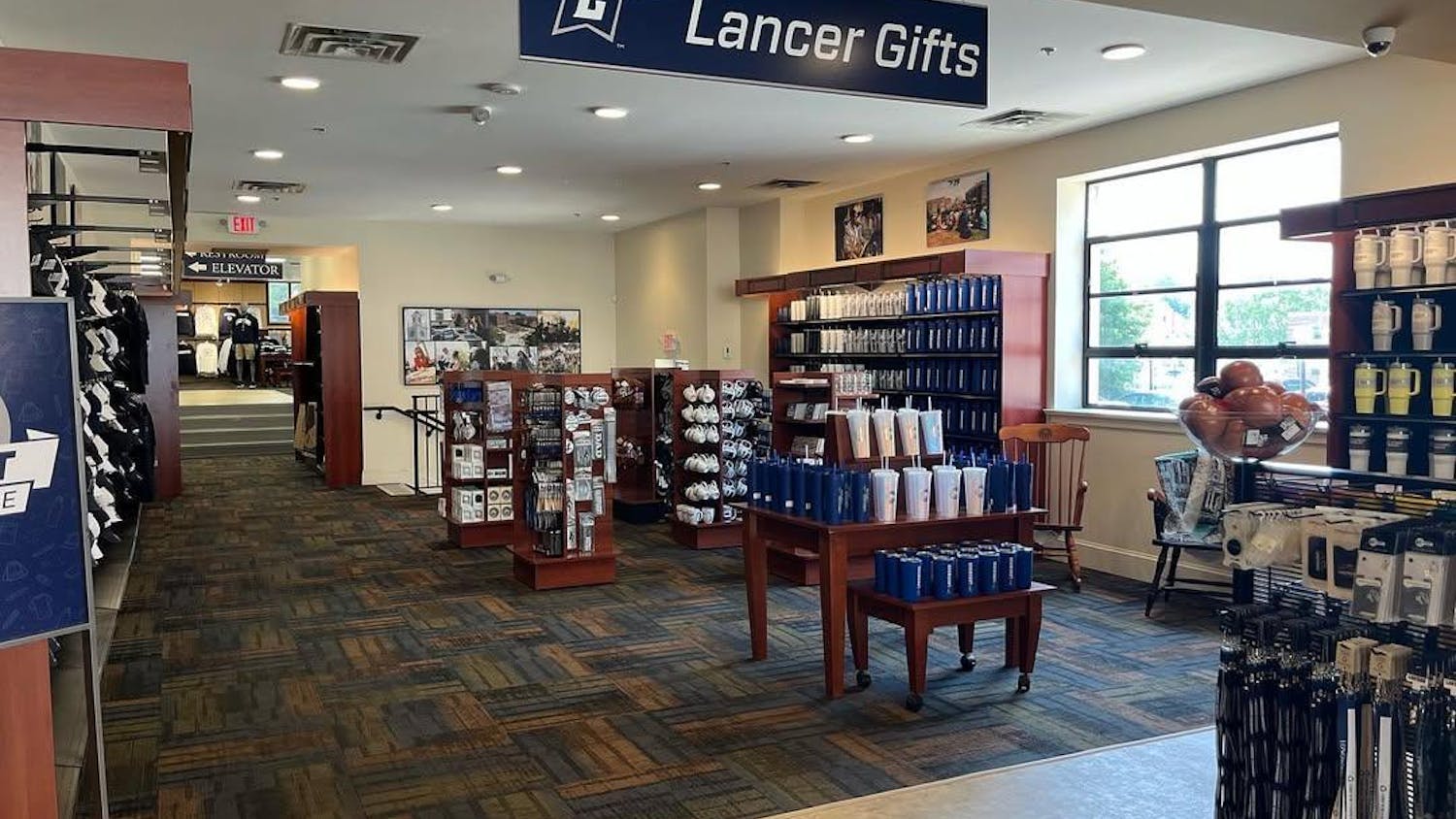On Feb. 13, Longwood Chief of Police and Assistant Vice President for Public Safety Angela Comer held a “Let’s Talk About It: Know Your Rights” session in response to student concerns about possible Immigration and Customs Enforcement (ICE) activity on college campuses.
According to Comer, she and other Virginia college and university police chiefs met in February with members of the governor’s cabinet and several representatives from the U.S. Department of Homeland Security (DHS) who confirmed college campuses are not their focus.
In an interview with The Rotunda on March 13, Comer said, “I had spoken to some students and the rumors of [ICE] coming on campuses and doing raids on campuses. Many students wanted to understand what the rights were, what was the different type of enforcement they could do.”
At the February meeting, college police chiefs had their own concerns addressed. “Their focus was serious criminal violators, and that wasn't something that they had seen or had been given information that was happening on campus,” said Comer.
When federal law enforcement come into local jurisdiction, they notify local law enforcement beforehand. Comer said, “We did get the assurance if they're making those notifications if they're coming to our campus… campus police is local police, so that's the first contact.”
As far as where ICE can go on campus, Comer said, “My understanding is that it's a public university and they can access public areas.” Public areas include academic spaces where class is not in session, the Dorrill Dining Hall, Upchurch University Center, the Joan Perry Brock Center, among others.
“I would say where you live, you have an expectation of privacy… but on a public university, pretty much everywhere else is public,” said Comer.
According to an FAQ from the Presidents’ Alliance on Higher Education and Immigration, alongside Cornell Law School and PennState’s Center for Immigrants’ Rights Clinic, nonpublic spaces include areas restricted by a university-issued ID card, residence halls, faculty and administrator offices, classrooms in session, among other settings.
The FAQ was created following a move from DHS which rescinded a 2021 memorandum from the Biden Administration limiting immigration enforcement in “sensitive areas,” such as K-12 schools, colleges and universities and hospitals.
DHS and ICE vehicles may be seen around town as they drive to and from their various offices or the Abyon Farmville Detention Center. Additionally, they appear on campus around two times a year to review student records of immigration status — something they have always done, according to Comer.
“They come on campus because we have foreign students on foreign student visas, so there are administrative things like forms and documentation that they will come to the registrar's office or the admissions office to review. They still usually contact us first to say they're coming, and the registrar's office tells them to do so,” said Comer.
For international students, Comer recognized the concern of being asked about immigration status. She mentioned international students potentially keeping proof of immigration status on them — while emphasizing that is a personal choice and not required.
“You have rights, the same rights. Everybody has the right to remain silent, the right to the attorney. You just have to choose when you exercise those rights and how you exercise those rights,” she said.


“It’s upsetting, it’s disappointing that that's what we're worried about in this formative time of our students' lives — that they're worried about these things,” said Comer. “But our students are resilient, and we also have resources for them so they don't have to take it on themselves.”
Comer offered a variety of resources for students. “You see agents and you’re concerned… that's the call to 911 or 2091, or you can do See Something, Say Something anonymous reporting,” said Comer. Students can also contact LUPD at police@longwood.edu.
Additionally, the Student Support team consists of the offices of Global Engagement, Multicultural Affairs, Dean of Students, Student Affairs, Housing and Campus Police.
“Those are places you can go for resources or direction if it's a question or a concern. And depending on what the concern is, you can pick from those people,” said Comer.
Comer will host additional “Let’s Talk About It” sessions advertised through the Calendar of Events, Student Engagement and on Instagram at @chiefc_longwood_lupd.










